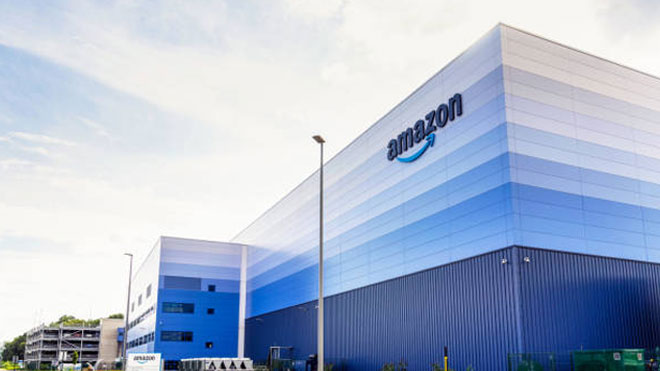Amazon is a colossus – but why? Here is a quick look at some of the reasons why Amazon is such a major player.
Early Adoption Of New Technology
Amazon was founded in 1994 in the garage of Jeff Bezos – who still heads up the behemothic e-commerce empire. Importantly, this was only two years after Tim Berners Lee had introduced the world to the World Wide Web, which he had developed while working at CERN.
Amazon was one of the first sites to truly use the World Wide Web as a commercial platform, and quickly attracted some of the best development talents in the world. The early adoption of the internet has allowed Amazon to develop with a head start – innovating and drawing in talent more easily than competitors.
Great Customer Service
Customers buying products on Amazon know that they can expect good service. In-house and third-party sellers are expected to reply promptly to queries, react to feedback, and offer refunds upon return. A high bar for customer service is essential to securing return customers and building confidence in the site as a whole. Sellers with poor customer service track records can be booted from the site if they offer below the minimum standards required in the seller agreement. This keeps customers confident.
Sheer Size
Amazon is almost inconceivably vast. In 2020, net sales amounted to 386 billion dollars. To put that into context, the largest military in the world – belonging to the People’s Republic of China – has a budget of 178 billion dollars per year.
The sheer size of Amazon means that it can engage in risky market practices without breaking a sweat. Price gouging, for instance, can be employed by Amazon without much risk. Gouging the price of certain products in order to beat away competition is risk-free when the company sells such a large variety of products and has such a large income as to make losing money on single product lines negligible. This vast size has led to some commentators worrying that Amazon may be on the brink of developing a global e-commerce monopoly. Monopolies are, in general, bad for democracy and the economy. Monopolies in the 1920s caused huge public strife when they fell and had an iron grip on politics when they stood.
Acceptance of Third-Party Sellers
Amazon negates competition from other sellers by simply absorbing them. A large percentage of the sellers on Amazon are not associated with the company – simply paying a percentage to use the platform as an e-commerce base. Because of the size of Amazon, it can be a very profitable base indeed. Consultancies like https://nuancedmedia.com/ help third-party sellers get the most out of their relationship with Amazon.
Diversity
Although it started out as a company that only sold books, Amazon has successfully diversified in order to grow and become more resilient. As well as offering a huge range of products, they also offer web services, groceries, delivery services, and a great many other things.

